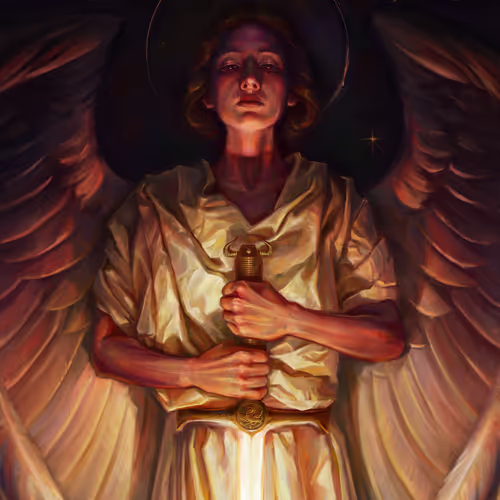In January 49 BC, Julius Caesar led a single Roman legion south over the Rubicon from Cisalpine Gaul to Italy to make his way to Rome. In doing so, he deliberately broke the law on imperium and made armed conflict inevitable.
"He overtook the cohorts at the Rubicon River, the border of his province. Here he paused, and, considering what step he would take, said to his companions: "It is not too late to return; but once we cross this bridge, everything will be decided by arms."
He was still hesitating, when suddenly this vision appeared to him. Suddenly, an unknown man of marvelous height and beauty appeared nearby: he was sitting and playing the flute. Not only the shepherds, but also many soldiers from their posts, including trumpeters, came running to these sounds. And then this man suddenly snatched the trumpet from one of them, threw himself into the river, and, having blown a deafening battle signal, swam to the opposite bank. "Forward," Caesar then exclaimed, "forward, where the signs of the gods and the injustice of our enemies call us! The die is cast."
That's the moment I decided to depict, the moment of Caesar's hesitation in early morning light. The moment Caesar was uttering the famous phrase ālea iacta est and with or without the sign from the gods, the decision was made.
Digital painting, made in procreate, 13 hours of work
Png, 4000x5600 px, 300 dpi
